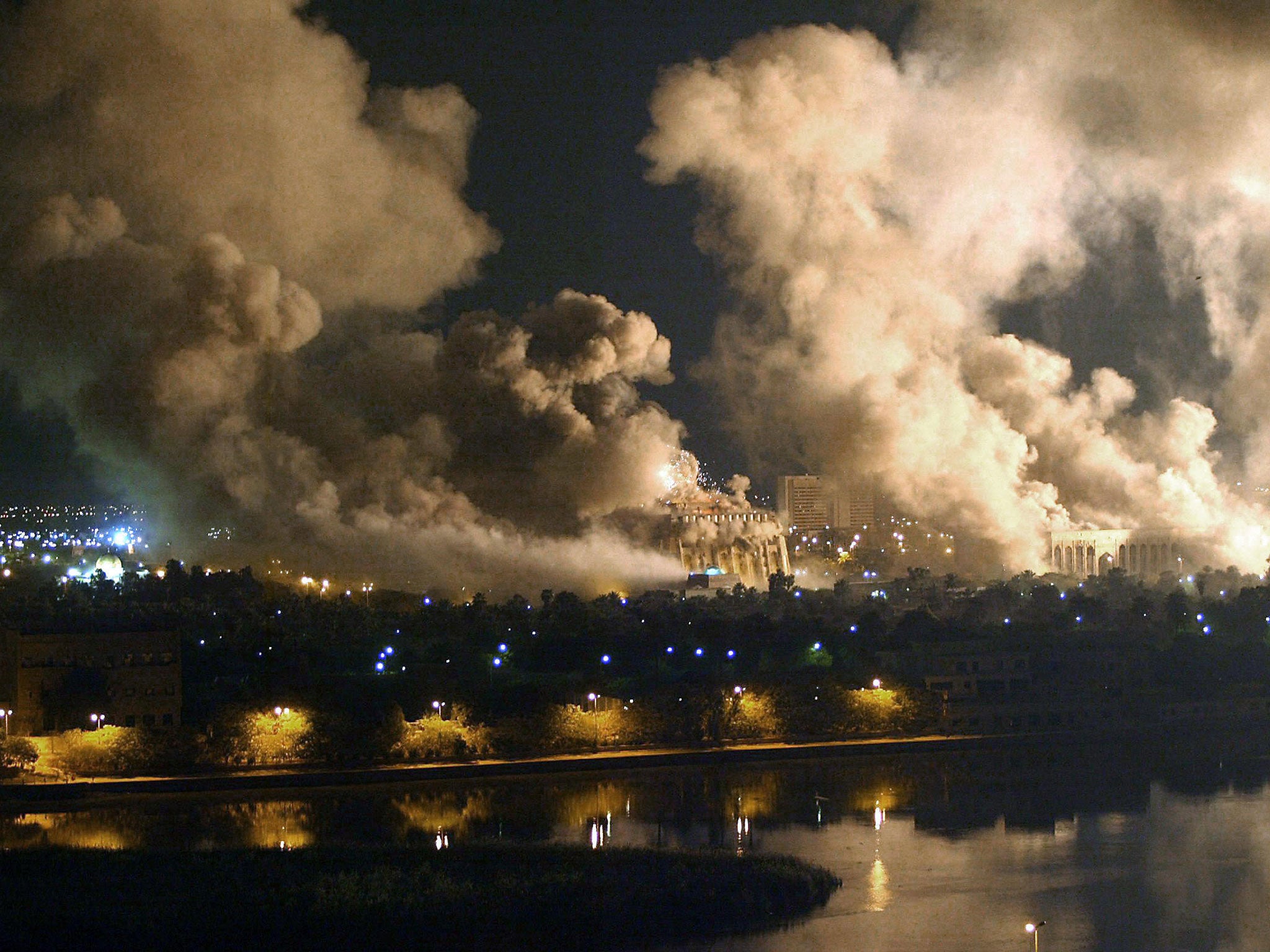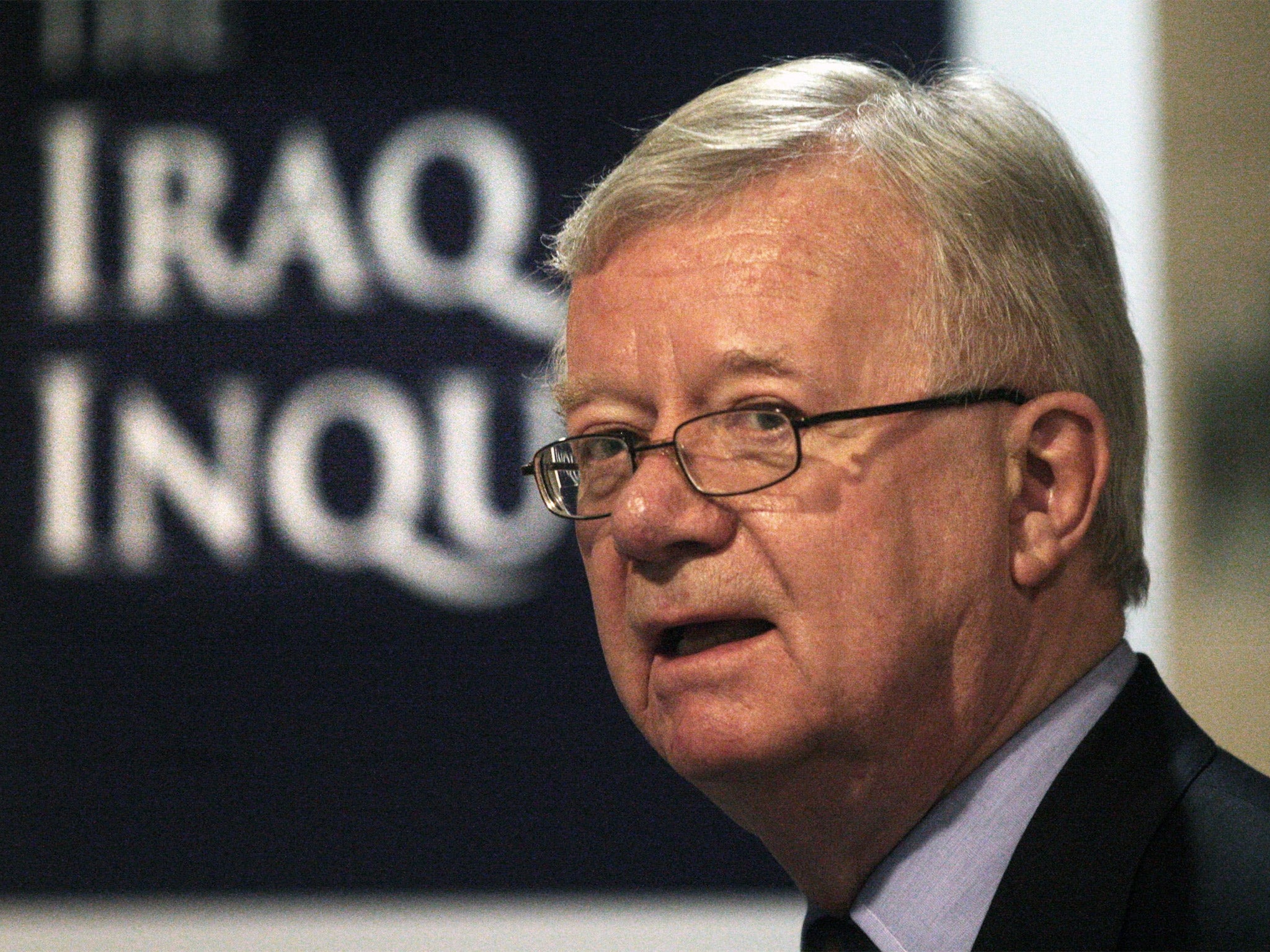Your support helps us to tell the story
From reproductive rights to climate change to Big Tech, The Independent is on the ground when the story is developing. Whether it's investigating the financials of Elon Musk's pro-Trump PAC or producing our latest documentary, 'The A Word', which shines a light on the American women fighting for reproductive rights, we know how important it is to parse out the facts from the messaging.
At such a critical moment in US history, we need reporters on the ground. Your donation allows us to keep sending journalists to speak to both sides of the story.
The Independent is trusted by Americans across the entire political spectrum. And unlike many other quality news outlets, we choose not to lock Americans out of our reporting and analysis with paywalls. We believe quality journalism should be available to everyone, paid for by those who can afford it.
Your support makes all the difference.A hard deadline should be set to force the publication of the Chilcot Inquiry’s report into the Iraq War, a Labour leadership candidate has said.
Yvette Cooper argued that there had been enough delays in the publication of the report already and that it now needed to
“What we should do now is say that there should be a deadline, and I think parliament should express its views,” she told Radio 4’s Today programme.

“I think we should use parliament and express the sort of joint frustration I think we would have across parties about the need for an end to this.”
Sir John Chilcot, a former civil servant, says the delays are due to a process of so-called ‘Maxwellisation’ which gives people criticised in the report a chance to respond.
This, to some degree, allows those criticised to delay the timing of the release of the report.

Last weeks the families of service personnel who died in Iraq threatened to sue Sir John, claiming he acted unlawfully in not setting a deadline for publication.
David Cameron said in June that he was “fast losing patience” with the continued delays in the publication of the inquiry’s findings.
“It is now essential that all remaining responses are received so that the process can be completed," Sir John, who is paid £790 a day as head of the probe, wrote in a letter to Mr Cameron.
“Only when all responses are in our possession and have been evaluated will I be able to write to you with a realistic timetable for completion.”
Speaking of those who had lost loved ones in the war, Mr Cameron replied that "They, and I, had hoped for publication of your report by now and we are fast losing patience”.
The Chilcot Inquiry, officially known as the Iraq inquiry, was set up in 2009 to look into the 2003 invasion of Iraq.
The Independent on Sunday reported earlier this summer that the report was not due to be published for another year.

Join our commenting forum
Join thought-provoking conversations, follow other Independent readers and see their replies
Comments